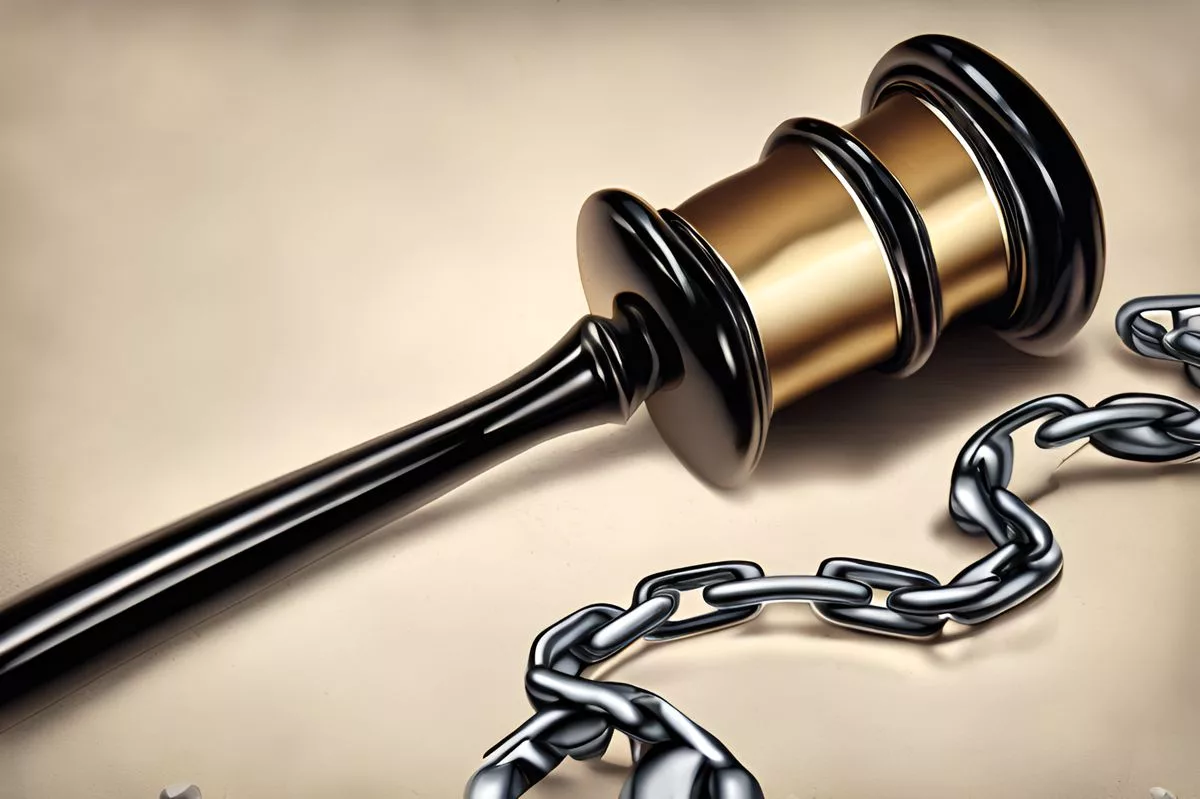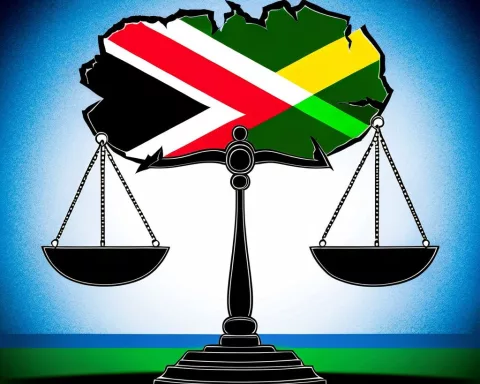In South Africa’s lively politics, words hold great power, influencing how people see their leaders. A recent clash between Naledi Pandor and Julius Malema showed just how sharp this power can be. Malema accused Pandor of a serious mistake but didn’t apologize publicly, leaving her frustrated and questioning his honesty. This incident reveals how essential truth and accountability are in politics, reminding us that leaders must be brave enough to admit their errors. As the media spreads these stories fast, the need for clear and honest communication becomes even more important for trust in democracy.
How do words influence South African politics?
Words play a crucial role in South African politics, shaping public perception and accountability. Political confrontations, like the one between Naledi Pandor and Julius Malema, highlight the power of rhetoric in communication, revealing the complexities of truth, narrative, and the demand for public transparency.
In the intricate landscape of political dialogue, words carry immense weight, shaping public perceptions and swaying opinions. A recent confrontation between Naledi Pandor and Julius Malema provides an intriguing glimpse into the volatile dynamics of South African politics today. Analyzing the blend of truth, apology, and political maneuvering in this episode offers insights into the broader themes of accountability and rhetoric that dominate public life.
The Conflict Unfolds
Naledi Pandor, a respected figure in the political scene and former Minister of International Relations, unexpectedly clashed with Julius Malema, the leader of the Economic Freedom Fighters (EFF). This drama began when Malema accused Pandor of accepting a home loan from the now-defunct VBS Mutual Bank. He later retracted the statement via his legal team, yet the absence of a public apology left Pandor feeling unsatisfied and questioning Malema’s courage.
In an interview with Newzroom Afrika’s Iman Rappetti, Pandor voiced her disappointment over Malema’s lack of a public apology. She remarked on the dissonance between Malema’s private communication through his lawyers and his public silence. “I wish he had the courage to stand up publicly and admit his mistake,” she stated, highlighting the persistent tension between private regret and the need for public accountability that pervades political discourse.
For Malema, the accusation wasn’t just a misstep but part of a larger political narrative. He considered it an element of broader dialogue, reflecting the thin line between facts and constructed narratives in politics. Although he acknowledged Pandor’s contributions, especially her advocacy for Palestinian liberation, his refusal to apologize publicly raises questions about the strategic motivations behind political statements and retractions.
Rhetoric in Political Communication
This incident is a microcosm of the complexities inherent in political communication. Throughout history, leaders have used rhetoric as a persuasive tool, often balancing between truth and exaggeration. Classical rhetoric, championed by figures like Aristotle, emphasized ethos, pathos, and logos—credibility, emotional appeal, and logical argument—as the cornerstones of effective communication. In today’s political environment, these elements remain crucial, yet they operate in an era marked by rapid information spread and the constant scrutiny of digital media.
Pandor’s demand for a public apology signifies a call for transparency and accountability, values increasingly promoted in modern democratic societies. Her stance resonates with a public yearning for integrity in public office, a sentiment gaining traction in an era characterized by a heightened awareness of ethical standards and the accountability of leaders. By challenging Malema to either substantiate his claims or publicly retract them, Pandor underscores the significance of truth in political discourse, reflecting Enlightenment ideals of reason and evidence-based argument.
Malema’s decision to forego a public apology suggests his understanding of the nuances in political dynamics. By framing his statement as part of political dialogue, he acknowledges the strategic nature of political communication, where every utterance contributes to a larger narrative. This approach, akin to historical rhetorical strategies in political movements, highlights the complexity of navigating public perception in the digital age. The interplay between private acknowledgment and public apology reveals the intricate calculations involved in political decision-making.
The Role of Media in Shaping Narrative
The exchange between Pandor and Malema also sheds light on the media’s role in crafting political narratives. Platforms like X (formerly Twitter) enable the rapid spread of information, enhancing the impact of political statements and retractions. This creates a dynamic environment where public figures must adeptly handle the immediacy and permanence of digital communication. In this context, the call for transparency and accountability is intensified by the necessity to manage public perception in real-time.
As this particular episode concludes, its broader implications for South African politics linger. Pandor’s insistence on a public apology underscores the enduring importance of ethical leadership and accountability, essential pillars of a democratic society. Her position serves as a poignant reminder that, despite the inherent complexities and strategic considerations in politics, truth and integrity remain fundamental to maintaining public trust.
Reflections on Political Dynamics
In conclusion, the saga involving Naledi Pandor and Julius Malema offers a compelling exploration of the intricacies of political communication. It highlights the delicate balance between rhetoric and truth, the strategic layers in apologies, and the evolving role of media in shaping political narratives. As South Africa continues to navigate its complex political landscape, values of accountability, transparency, and integrity will undoubtedly remain central in shaping the nation’s future.
FAQ on the Power of Words in South African Politics
What is the significance of words in South African politics?
Words hold immense power in South African politics, shaping public perception and influencing accountability among leaders. The recent confrontation between Naledi Pandor and Julius Malema exemplifies how rhetoric can impact political narratives and highlight the need for transparency.
What led to the conflict between Naledi Pandor and Julius Malema?
The conflict began when Julius Malema accused Naledi Pandor of accepting a home loan from the now-defunct VBS Mutual Bank. Although he later retracted the statement through his legal team, the lack of a public apology left Pandor feeling frustrated and questioning Malema’s integrity.
Why did Naledi Pandor demand a public apology from Julius Malema?
Pandor’s demand for a public apology stemmed from her disappointment with Malema’s failure to address his accusations openly. She emphasized the importance of public accountability, stating that leaders must have the courage to admit their mistakes to maintain trust in democratic institutions.
How does this incident reflect broader themes in political communication?
The clash between Pandor and Malema underscores the themes of truth, rhetoric, and accountability in political discourse. It highlights the delicate balance leaders must maintain between private acknowledgments and public statements, all while navigating the complexities of modern political communication.
What role does media play in shaping political narratives in South Africa?
Media platforms, especially social media, amplify political statements and influence public perception in real-time. The rapid spread of information creates a dynamic environment where politicians must carefully manage their communication to maintain credibility and public trust.
What are the implications of this conflict for South African politics?
The incident underscores the ongoing importance of ethical leadership, accountability, and transparency in South African politics. As the nation continues to grapple with its political landscape, these values are essential for fostering trust and integrity in the democratic process.












